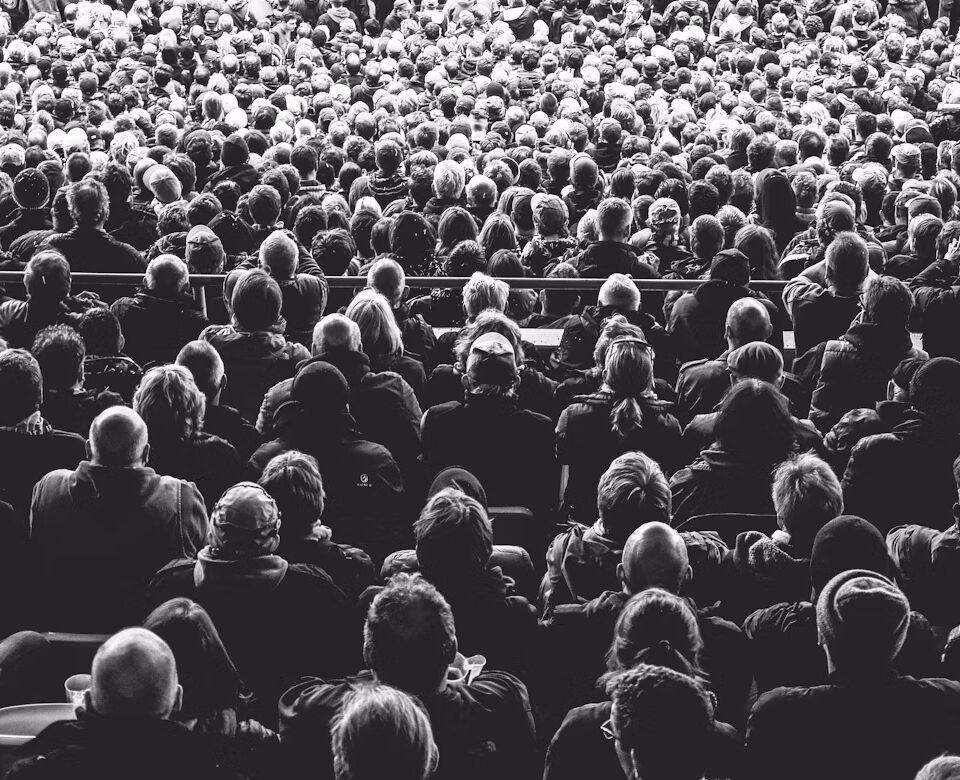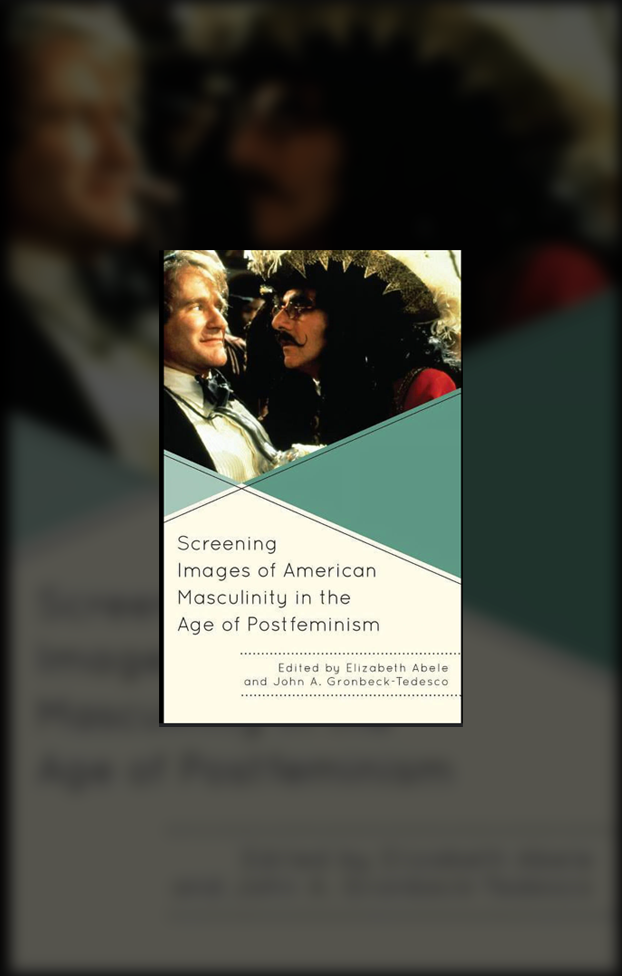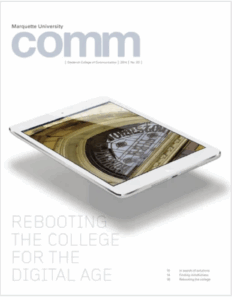It is not a passive thing to sit in the audience. It is also not a safe thing.
We file in, avoiding eye contact and clutching tickets. We sort ourselves into aisles that are lettered and numbered in illogical fashion, we search for but cannot spell mezzanine, and we politely share the armrests as though nothing transformative is about to happen and as if we will emerge in two hours utterly unchanged.
But we are wrong.
When the curtain rises or the dancer enters or the baton drops or the singer exhales—if it is good art, and, heck, sometimes even if it is bad art—the cacophony of the disparate lives of 200 or 400 or 1200 people in the audience is stilled. Some common human ground is found and tilled and made fertile and our hearts are laid bare to each other and to ourselves.
We can know nothing about a people, yet when we listen to the rise and fall of their music, some visceral place in them touches a visceral place in us. Without living another life, we come to know another life. We believe that we are unique, that we are the first generation to be outraged by injustice or feel true passion, but art reveals the artifice in that sort of thinking. We learn that we share the ages, we share the planet, and we are not the only ones who have suffered great loss or who love to tap dance.
It would be rude to look a stranger in the eye and ask to see his soul. But from the audience, we can clearly see it.







